A rotary feeder is a machine used to add large quantities of industrial raw materials to be processed into semi-finished or finished products. Rotary feeders are used where solid materials are to be fed in their bulk proportions into the production process. Rotary feeders are also known as airlock feeders or rotary valve machines.They can function from an internal combustion engine or be electrically driven by a motor. Rotary feeders are composed of 5 basic components: the rotor shaft, housing, head plate, packing seals, and bearings Read More…
Rodix manufactures vibratory feeder controls, inline track drives, drive bases, & bulk storage hoppers for part feeding systems. Our line of vibratory feeder controls feature variable amplitude, variable frequency, line-voltage compensation, UL/cUL Listed, CE Marked, and more. We have experience working with machine integrators, vibratory feed system builders, and manufacturers.
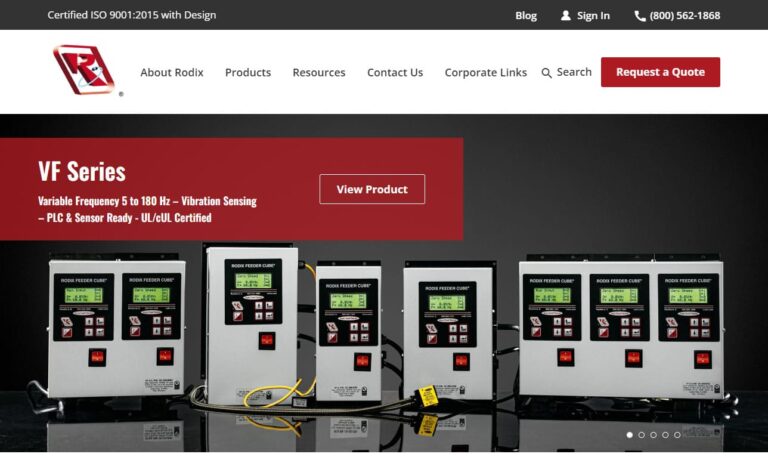
PPM Technologies Holdings, LLC is an innovative industry leader in the vibratory feeder industry. Our main focus has always been to provide our customers with high-quality products with the exact specifications for their needs. With our wide range of products, we are able to serve various industries.
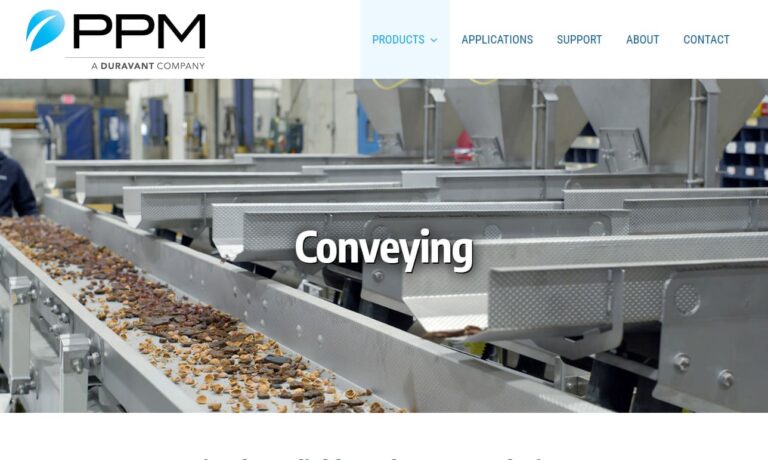
JVI Vibratory Equipment is a leading provider of vibratory process solutions. JVI manufactures vibratory feeders, screens, spiral elevators, conveyors, & grizzlies – all custom designed and manufactured specifically to meet the customer’s exact application requirements. JVI incorporates dry bulk material handling expertise with years of experience to provide innovative, custom machines...
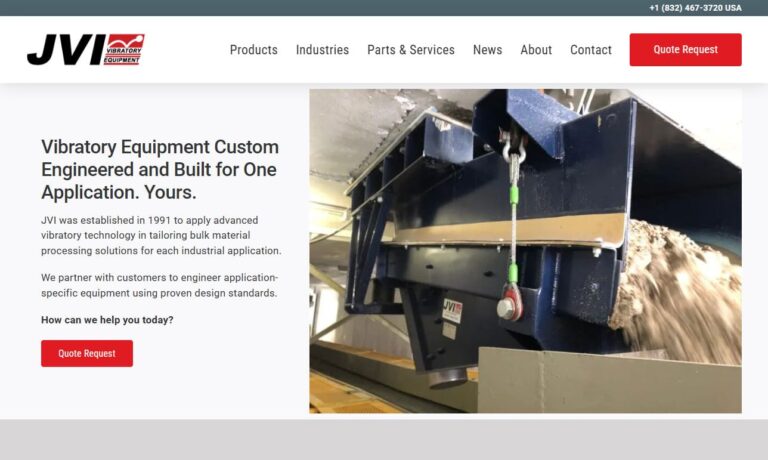
Vibratory bowl feeders are our specialty! For four decades we have been offering products that are guaranteed to last! Our vibratory bowl feeders come with multiple sound abatement options, standard and custom control packages and many other options for your convenience of choice! Visit our website today or get in touch with our customer service representatives by email or telephone today!
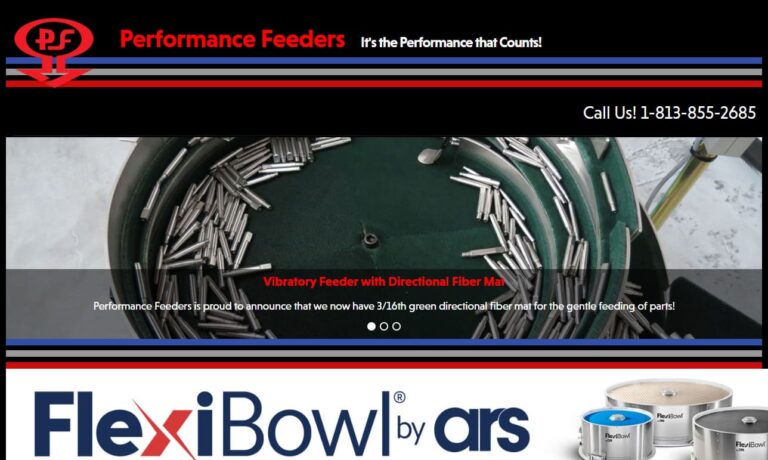
More Rotary Feeder Manufacturers

Components of a Rotary Feeder
- The rotor shaft is a component found at the center of the electric motor. It produces a torque force, or motion, that causes movement of the material through the rotary feeder.Housing is the metal shell that contains and protects the electrical components of the rotary feeder. It forms the shape of the rotary feeder.
- Bearings are the motion slippers that allow the rotor shaft to rotate without much friction. They form the ends that hold the rotor shaft in position and allow for lubrication.
- Head plates are composed of seals that hinder spillage of material out of rotor pockets to the bearings.
- Packing seals help to minimize fluid loss.
How Rotary Feeders Work
A rotary feeder works by separating pressure differences while allowing the passage of material into the processing system. To best illustrate how a rotary feeder works, it is best to imagine how a revolving door works. It permits the passage of material through while maintaining the difference of pressure in the building against the outside pressure.
Types of Rotary Feeders
There are several common types of rotary feeders that are described below.
Angle of Response Rotary Feeders
Commonly known as ARFs, these feeders have varied speeds. They usually follow the direction of material flow and make use of a rotating member and the articulable gate to control the flow volume of material. There is also what is called drum rotation. This regulates and prevents the backflow of material and reduces overloading, product distraction, formation of fine dust, and ensures a uniform flow of material.
Rotary Airlock Feeders
They are also called drop-through rotary feeders. They are well-crafted for rough applications with an outboard bearing style. This is well-made for handling contamination and abrasive products. They are used in high-pressure pneumatic conveying systems that have high temperatures.

Blow-through Airlock Feeders
It is best suited for pneumatic conveying systems that deal with food, grain, chemical, pharmaceuticals, plastics, baking, or milling. They have replaceable shaft seals, outboard bearings, and a 10-vane open-end rotor.

Rotary Airlock Feeder Degassing
These feeders are usually set to feed material in a pneumatic conveying line. Rotation of the valve, coupled with the leakages between the rotor and the stator, cause gas from the conveying line to go upstream and be emitted.
Easy-Clean Rotary Feeders
They are convenient in the sense that they are fast, can be cleaned quickly and thoroughly, disassembled, sanitized, and maintained easily. They need no sophisticated tools to disassemble thereby enhancing productivity. Reassembling is done within the shortest possible time and it re-establishes internal clearances automatically. They are usually used for mixing batches.
Filter Valve
These are generally cheap, rotary feeders specifically made for light-duty dust collector systems.
Knife Rotary Feeder
This type of feeder is made for discharging secondary fuel such as plastic or wood. The knife cuts huge material to prevent rotor blockage.
Applications of Rotary Feeders
- Pneumatic systems
- Plastic production
- Chemical and food processing
- Manufacture of pharmaceuticals
- Conveying abrasives
Benefits of Rotary Feeders
- They limit air entry into the material being conveyed.
- The weights of materials put into the production process are comparable.
- They are effective and efficient, performing the dual purpose of limiting framework air and managing material stream between vessels.
- They can deal with numerous ranges of powders and granular staff such as sugar, cocoa, starches, flour, and many more.
Disadvantages of Rotary Feeders
- They are expensive to run.
- They generate positive pressure.
- There are government rules regulating their design and use in certain situations.
Choosing the Proper Rotary Feeder Manufacturer
To make sure you have the most productive outcome when purchasing rotary feeders from a rotary feeder manufacturer, it is important to compare at least 4 companies using our list of rotary feeder manufacturers. Each rotary feeder manufacturer has a business profile page that highlights their areas of experience and capabilities and a contact form to directly communicate with the manufacturer for more information or request a quote. Review each rotary feeder business website using our proprietary website previewer to get an idea of what each business specializes in, and then use our simple RFQ form to contact multiple rotary feeder businesses with the same form.



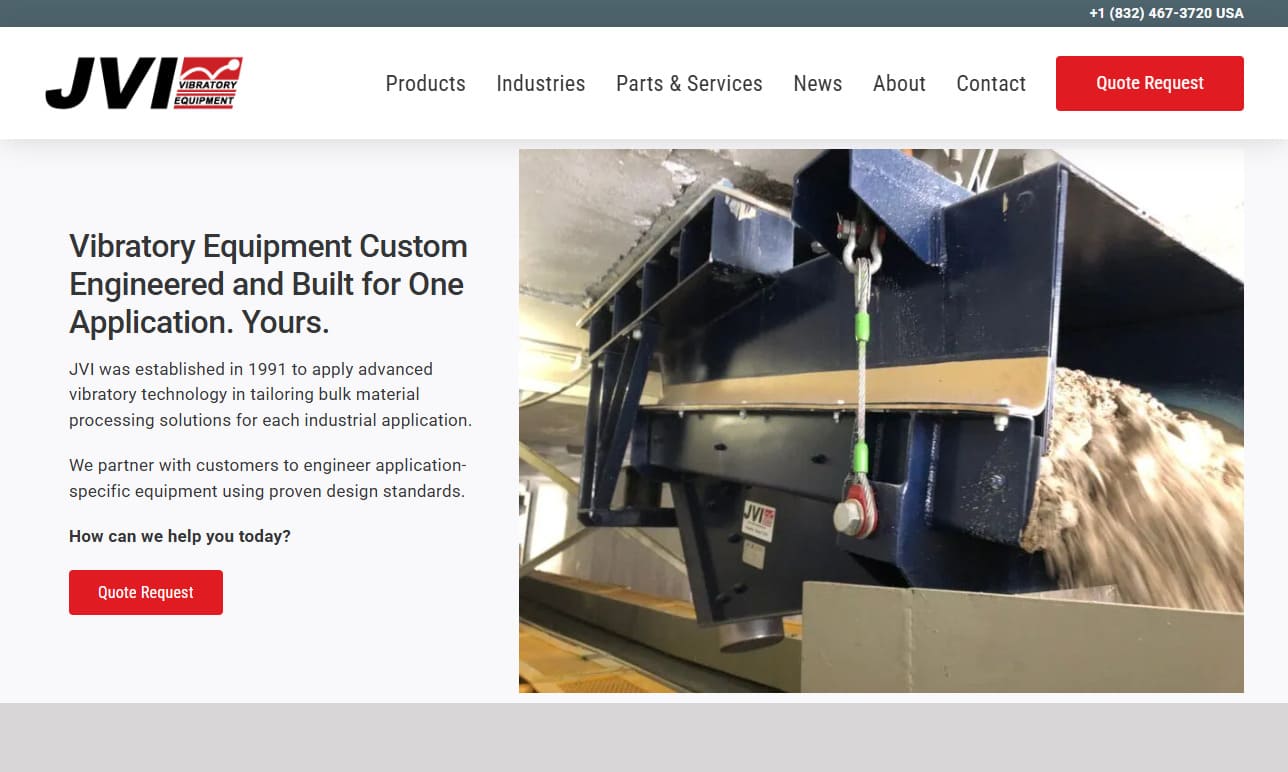
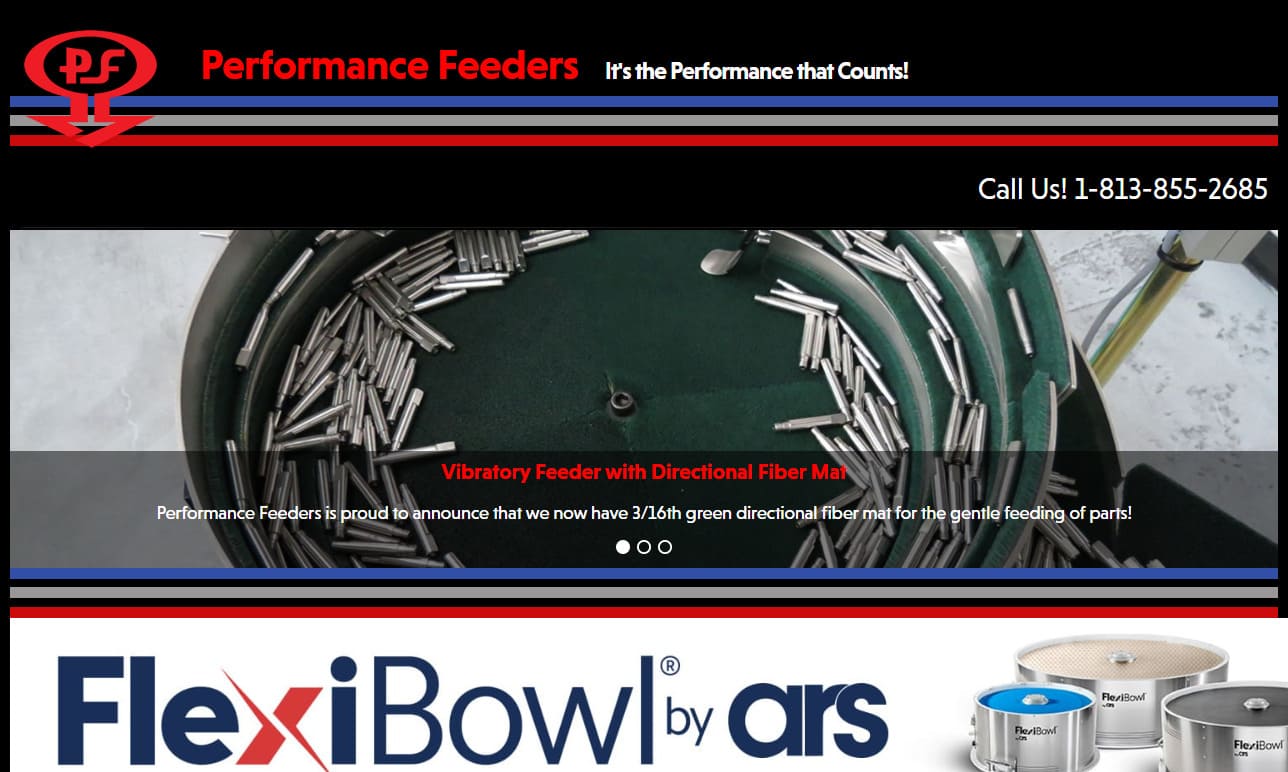
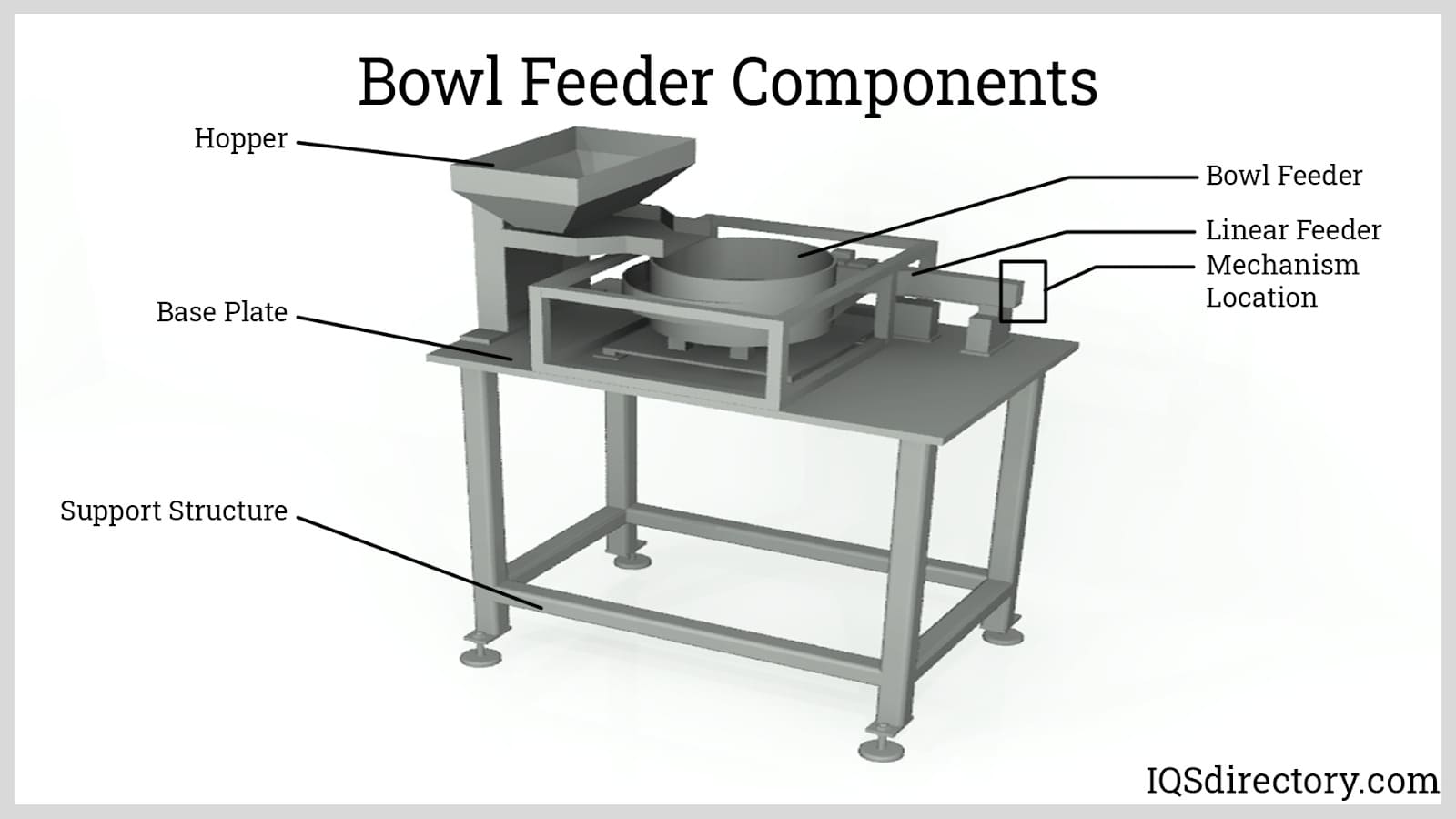
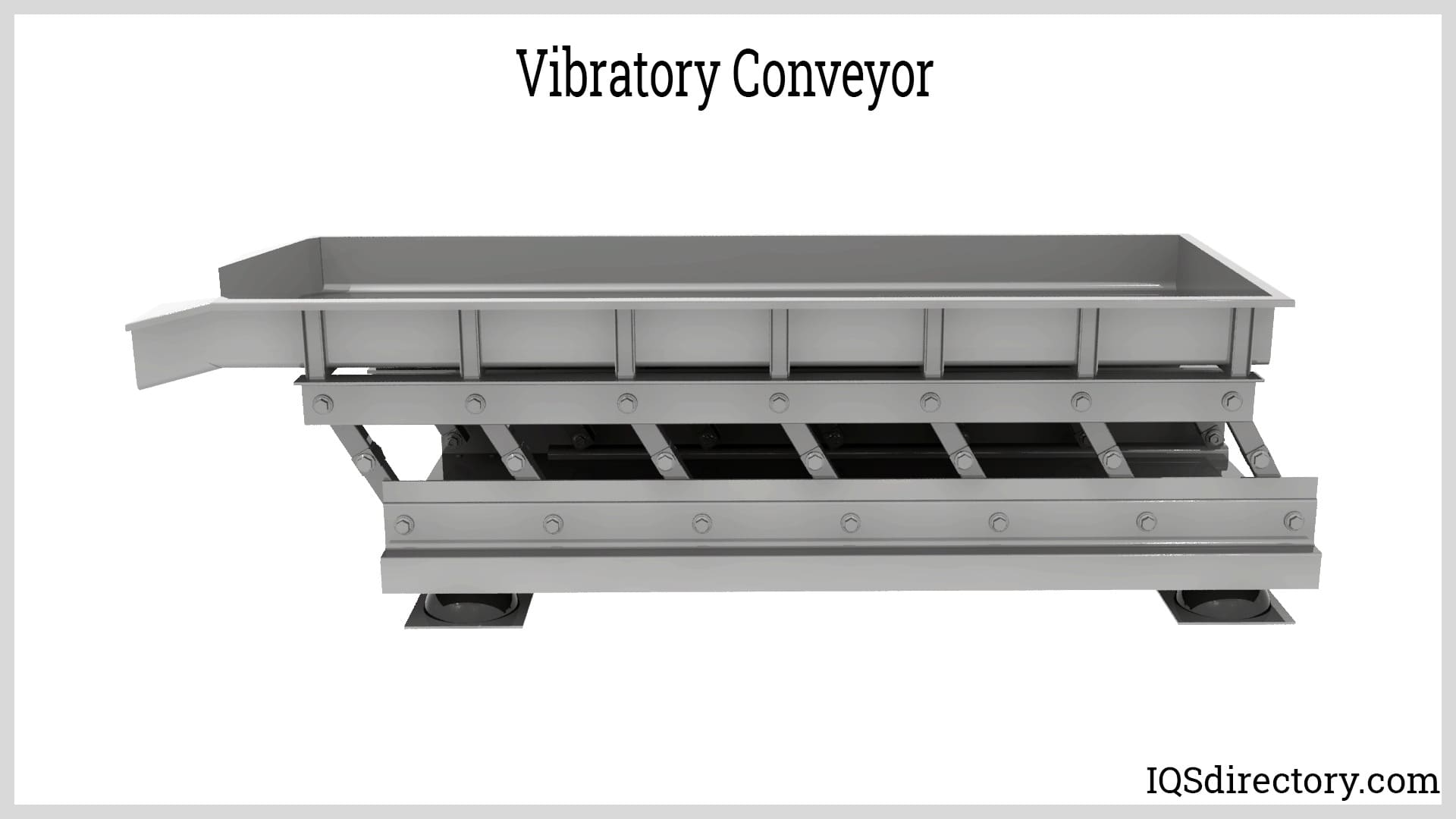
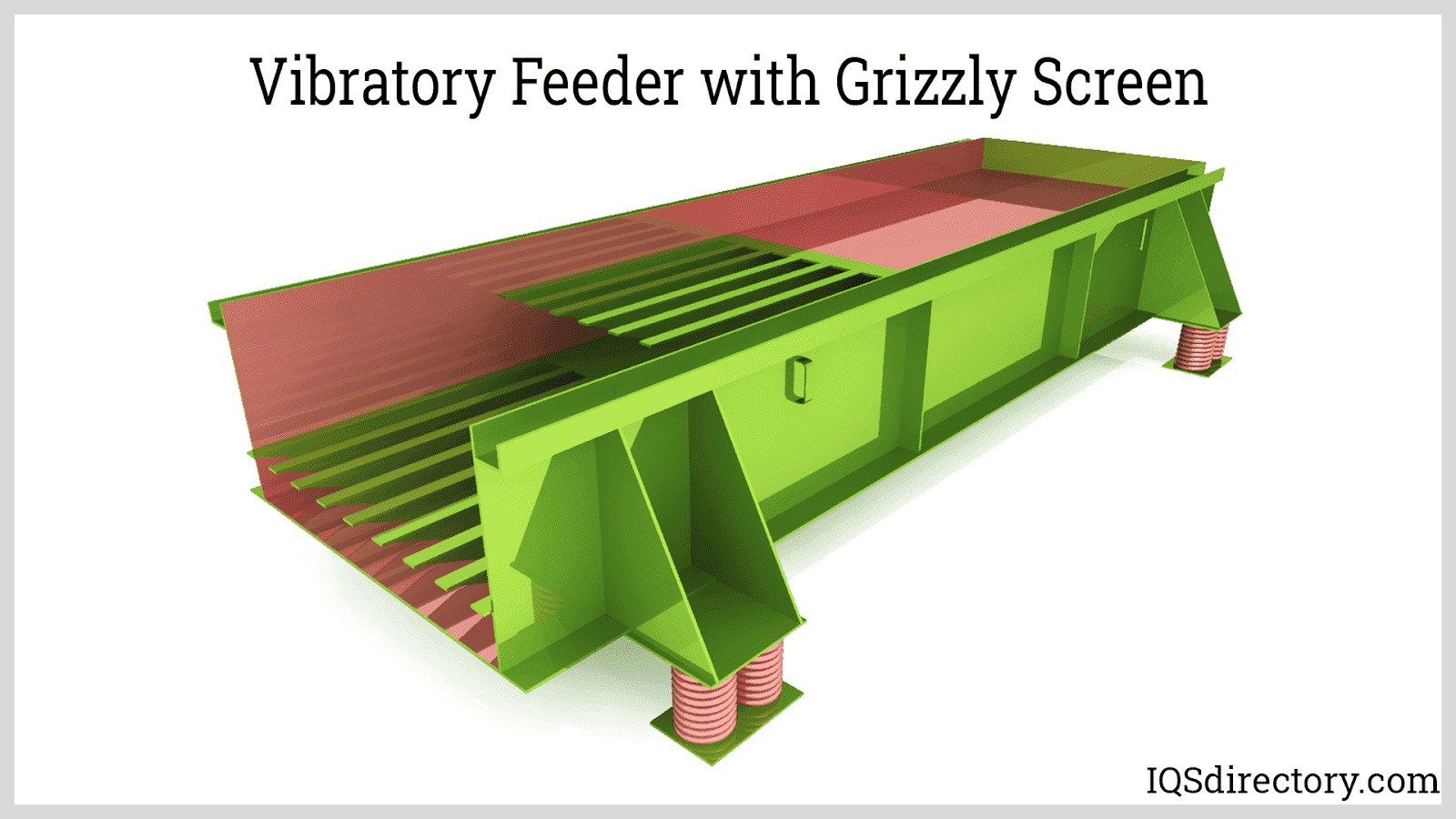
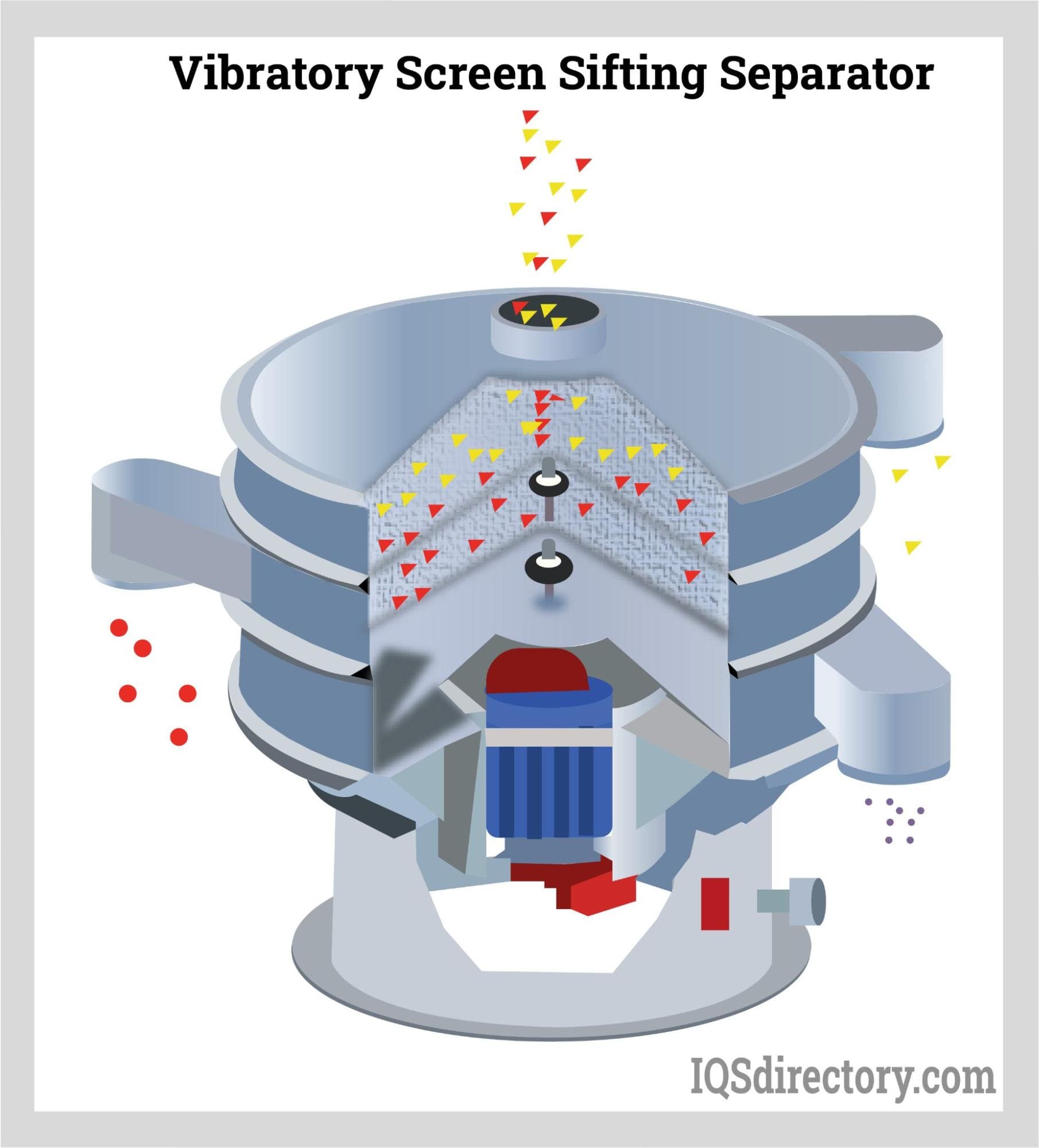
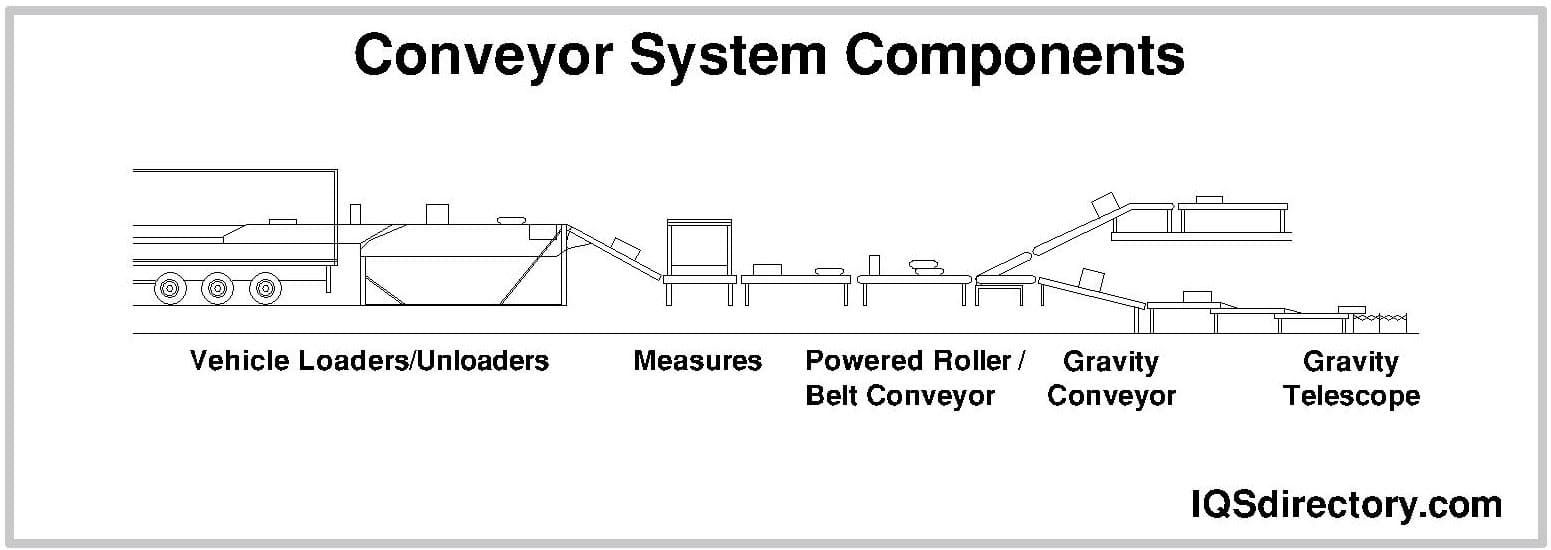
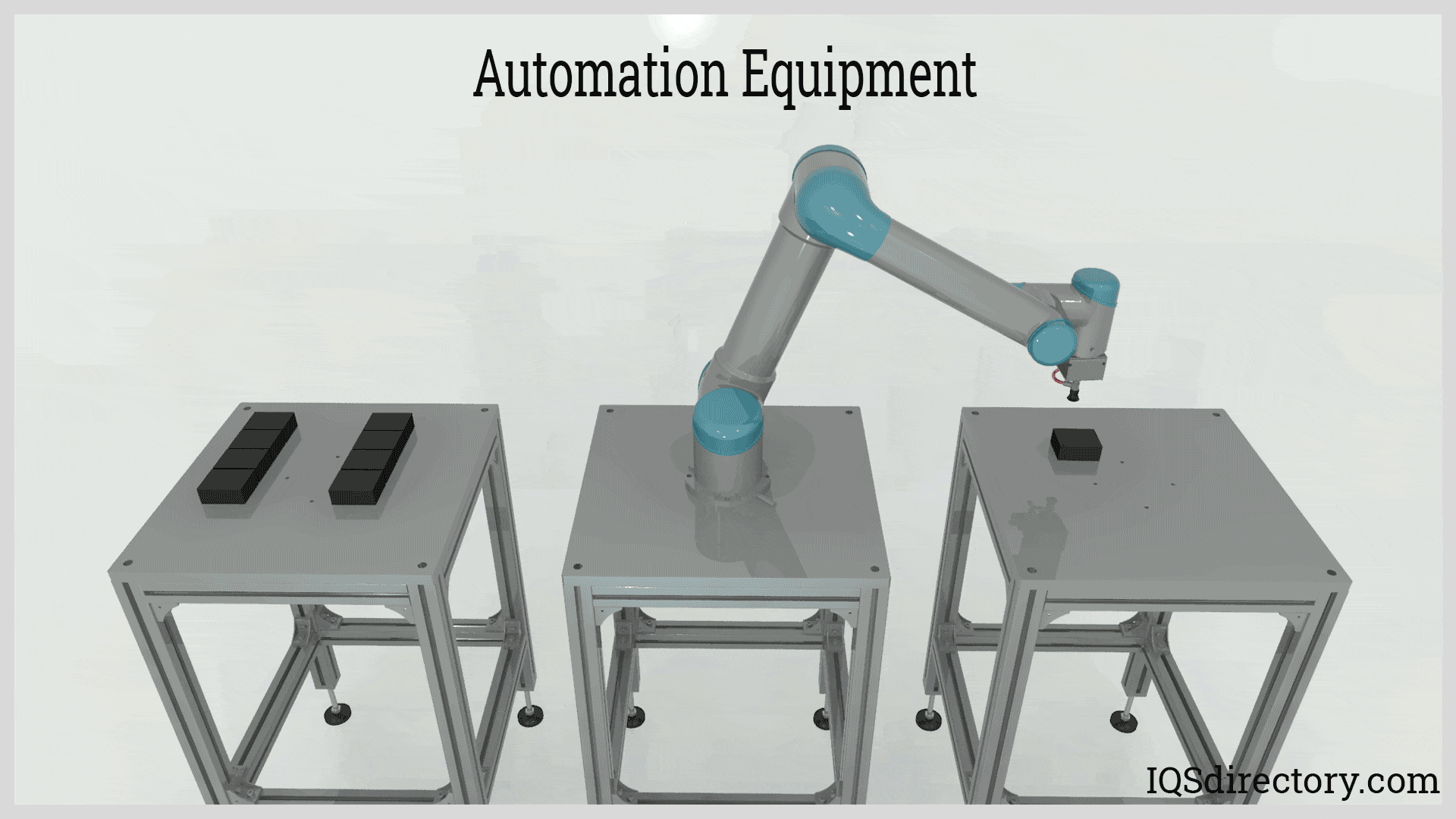
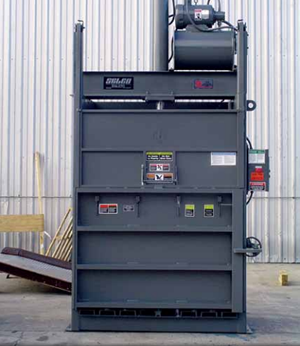 Balers
Balers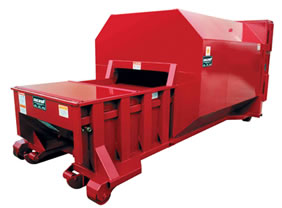 Compactors
Compactors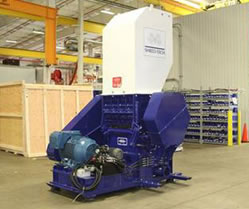 Granulators
Granulators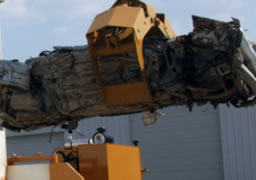 Grapplers
Grapplers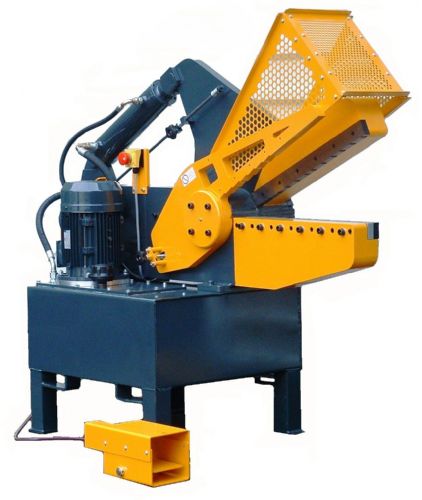 Metal Shears
Metal Shears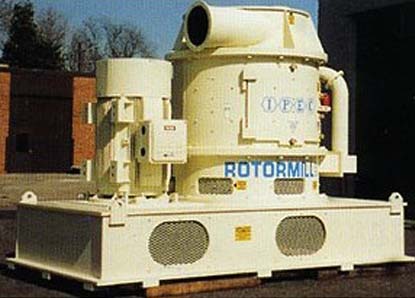 Pulverizers
Pulverizers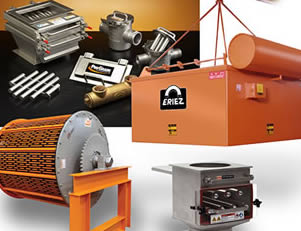 Separators
Separators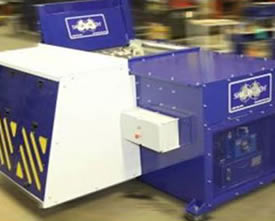 Shredders
Shredders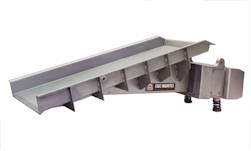 Vibratory Feeders
Vibratory Feeders Castings & Forgings
Castings & Forgings Bulk Material Handling
Bulk Material Handling Electrical & Electronic Components
Electrical & Electronic Components Flow Instrumentation
Flow Instrumentation Hardware
Hardware Material Handling Equipment
Material Handling Equipment Metal Cutting Services
Metal Cutting Services Metal Forming Services
Metal Forming Services Metal Suppliers
Metal Suppliers Motion Control Products
Motion Control Products Plant & Facility Equipment
Plant & Facility Equipment Plant & Facility Supplies
Plant & Facility Supplies Plastic Molding Processes
Plastic Molding Processes Pumps & Valves
Pumps & Valves Recycling Equipment
Recycling Equipment Rubber Products & Services
Rubber Products & Services